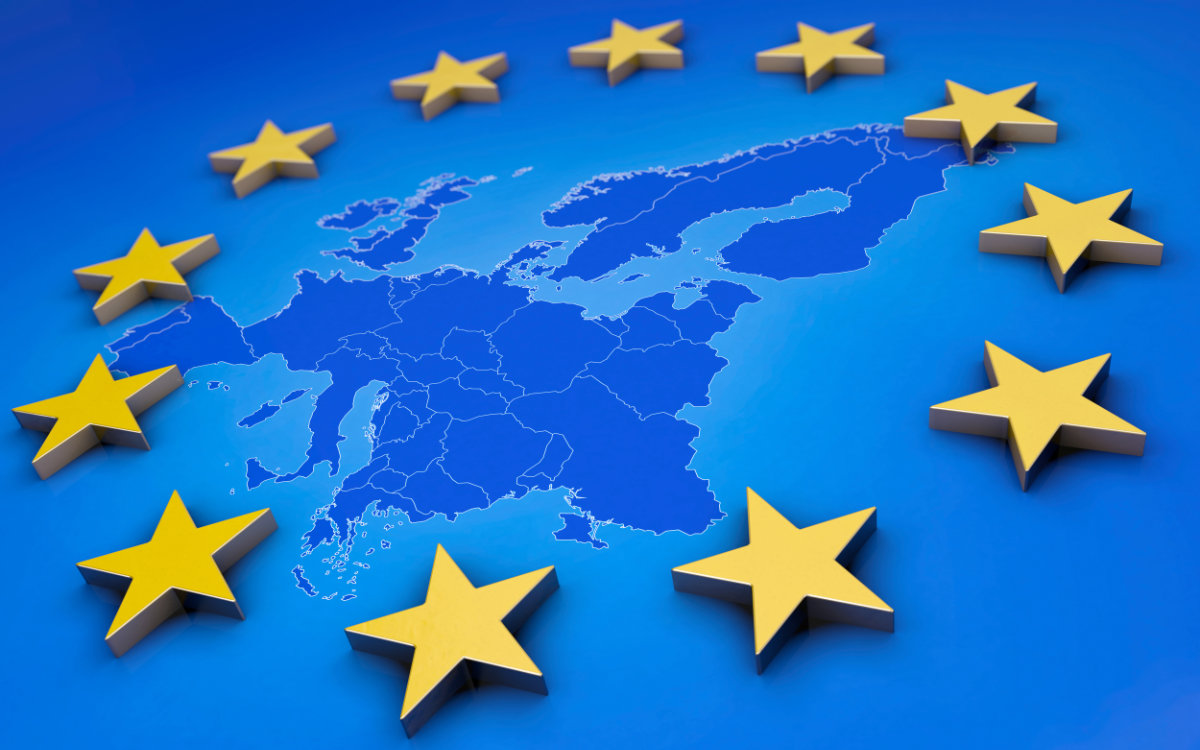
Photo / Adobe Stock
Laudable Climate Goals, if Met or Exceeded…
On December 11th 2019, the European Union announced its plans for a Green Deal. Proposed by EU President Ursula von der Leyen, the Green Deal daringly aims to make Europe the first carbon neutral continent by 2050, with a number of incremental goals along the way. The plan involves reducing fossil fuel reliance, transitioning to renewable energy, and promoting more sustainable infrastructures. Naturally, though, the first step is figuring out how much the plan will cost, and where the financing will come from.
Earlier in January, the EU finally crunched the numbers and reported that the Green Deal will cost a quarter of the bloc’s budget for its first ten years. On top of that, in order to keep the plan on track for 2050, the EU will also have to shift 1 trillion Euros ($1.1 trillion) in investments towards a more environmentally friendly European economy by 2030.
The European Commission claims that half of the investments will come directly from the EU’s budget, and that the other half will come from a mix of public and private funds. 100 billion Euros are expected to come from member states’ federal governments, and another 300 billion will hopefully come from the private sector.
These figures are hefty, and some leaders and businesspeople remain skeptical of the plan. Even Jonah Van Overtveld, head of the EU Budget Committee, expressed his doubts about the Green Deal’s fundraising tactics.
Rather than dodge the financial disbelief, though, the EU has addressed it head on, actively making efforts to frame the Green Deal as an economic boost for the countries involved and creating incentives for investing in a sustainable Europe.
This plan focused on stimulation principally requires frequent opportunities to invest in clean energy. Regional EU programs such as InvestEU and the European Investment Bank will be leading these opportunities, using the Commission’s budget guarantee to mobilize financial support.
Support for Lagging Economies Built into the Deal
Still, the Green Deal’s harshest critics remain the pac’s countries that rely heavily on fossil fuels. Poland, for example, refuses to comply with the plan due to its ongoing dependence on coal. The country produces 80% of its electricity from coal and would suffer disproportionately if expected to cut coal from its energy economy.
Once again, however, the EU has not ignored the plights of countries like Poland and has proposed a 100 billion Euro “Just Transition Fund” to financially help the nations hit hardest by giving up fossil fuels. The Fund will not just support those countries through the transition, but it will also help their laborers remain afloat after the reformation.
Part of the Green Deal’s economic incentive features a large number of jobs created for the clean energy economy. The Just Transition Fund would help former employees of fossil fuel companies become versed in new eco-friendly trades. Turning Europe into a continent dependent on renewable energy will require a new, learned workforce as well as lots of laborious construction. Optimistically, this will more than cover the jobs lost by minimizing the fossil fuel industry.
European lawmakers will vote on the proposed finance plan on Wednesday, January 22, and van der Leyen wants to have the Green Deal put into legislation by March. There is still more support to be wrangled up for the Deal, but its supporters are evidently looking at the task pragmatically. Although becoming carbon neutral by 2050 is ambitious, it is also expensive, so the EU is counting the Euros carefully and strategically. That being said, when it comes to the climate crisis, time is of the essence. Ambition is not an option, but a necessity.
Find books on Big Tech, Sustainable Energy, Economics and many other topics at our sister site: Cherrybooks on Bookshop.org
Enjoy Lynxotic at Apple News on your iPhone, iPad or Mac and subscribe to our newsletter.